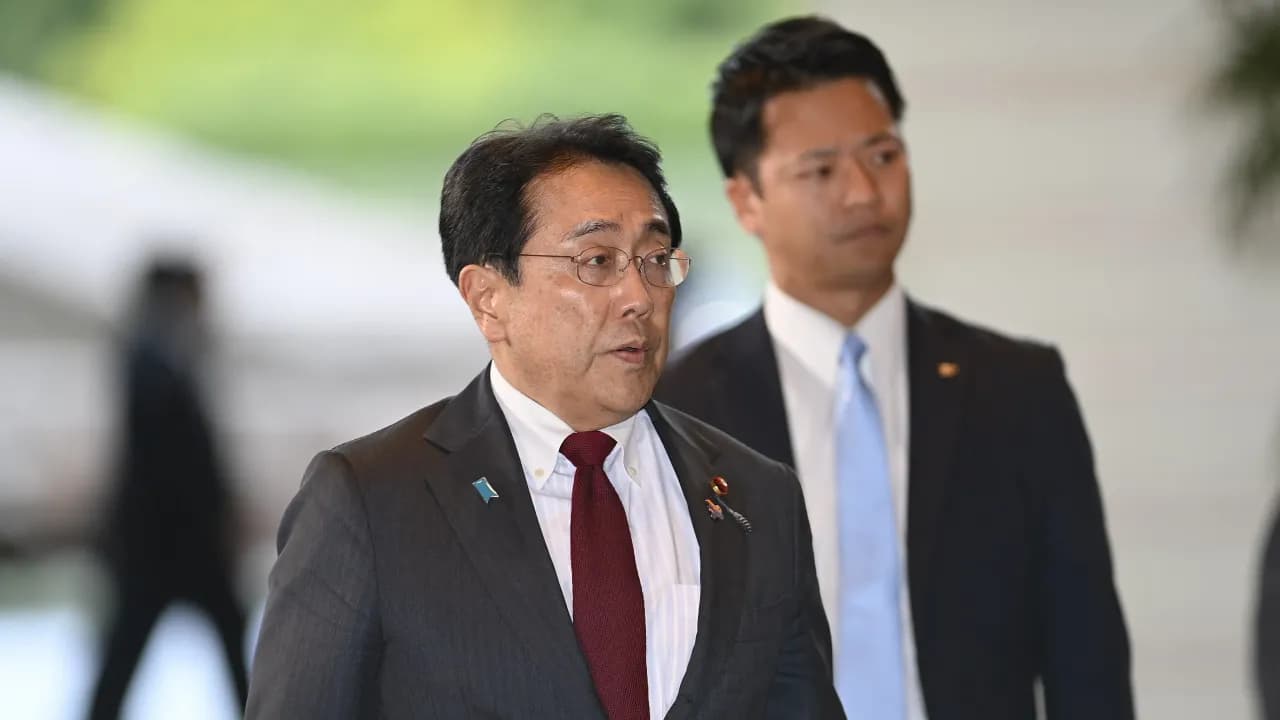Japan’s trade negotiator Ryosei Akazawa pressed the U.S. for confirmation that the country’s goods will be exempt from overlapping duties.
Japan is urging the United States to immediately implement tariff cuts agreed under a recent bilateral trade deal, including reductions on automobiles and auto parts.
The request was made during a 90-minute meeting on Wednesday between Japan’s top trade negotiator Ryosei Akazawa and U.S. Commerce Secretary Howard Lutnick in Washington, Reuters reported.
Akazawa also called for swift enforcement of the agreement on tariffs for other Japanese imports.
The trade deal, signed last month, includes lowering tariffs on Japanese car imports to 15% from a combined 27.5%. Duties on other goods are scheduled to drop from 25% to 15% starting Thursday.
However, the U.S. has not announced a timeline for the automobile tariff changes.
Speaking in parliament on Tuesday, Akazawa said Japan wants confirmation that goods such as Japanese beef, which already face tariffs above 15%, will not be subject to additional levies.
Japan said the two countries agreed to exempt its goods from “stacking,” where multiple tariffs are applied simultaneously. A related U.S. executive order issued on July 31 included a “no stacking” condition for the European Union, but no such clarification was provided for Japan.
Akazawa’s trip to Washington is his eighth visit since April. He cited the U.S.-UK trade deal, which took 54 days to implement, as a comparison.
His visit coincided with comments by U.S. President Donald Trump, who said Japan would begin importing Ford’s full-size F-150 pickup truck. “They’re taking the very beautiful Ford F-150,” Trump said.
Japan’s Prime Minister Shigeru Ishiba called the issue “extremely urgent” and said the government would make every effort to implement the trade measures.
Japanese officials also responded to Trump’s claim that the trade agreement included a $550 billion “signing bonus” from Japan. They said only 1%–2% of that amount represents direct investment, with the remainder consisting of loans and loan guarantees to be allocated by private firms.
On Stocktwits, retail sentiment was ‘bearish’ for the SPDR S&P 500 ETF Trust (SPY) and ‘neutral’ for both the Invesco QQQ Trust (QQQ) and the iShares MSCI Japan ETF (EWJ), with message volume ‘high’ for SPY and QQQ, and ‘normal’ for EWJ.
So far this year, EWJ has outperformed major U.S. ETFs, rising 13.5%, compared to an 11.2% gain for QQQ and an 8.2% increase for SPY.
For updates and corrections, email newsroom[at]stocktwits[dot]com.<
